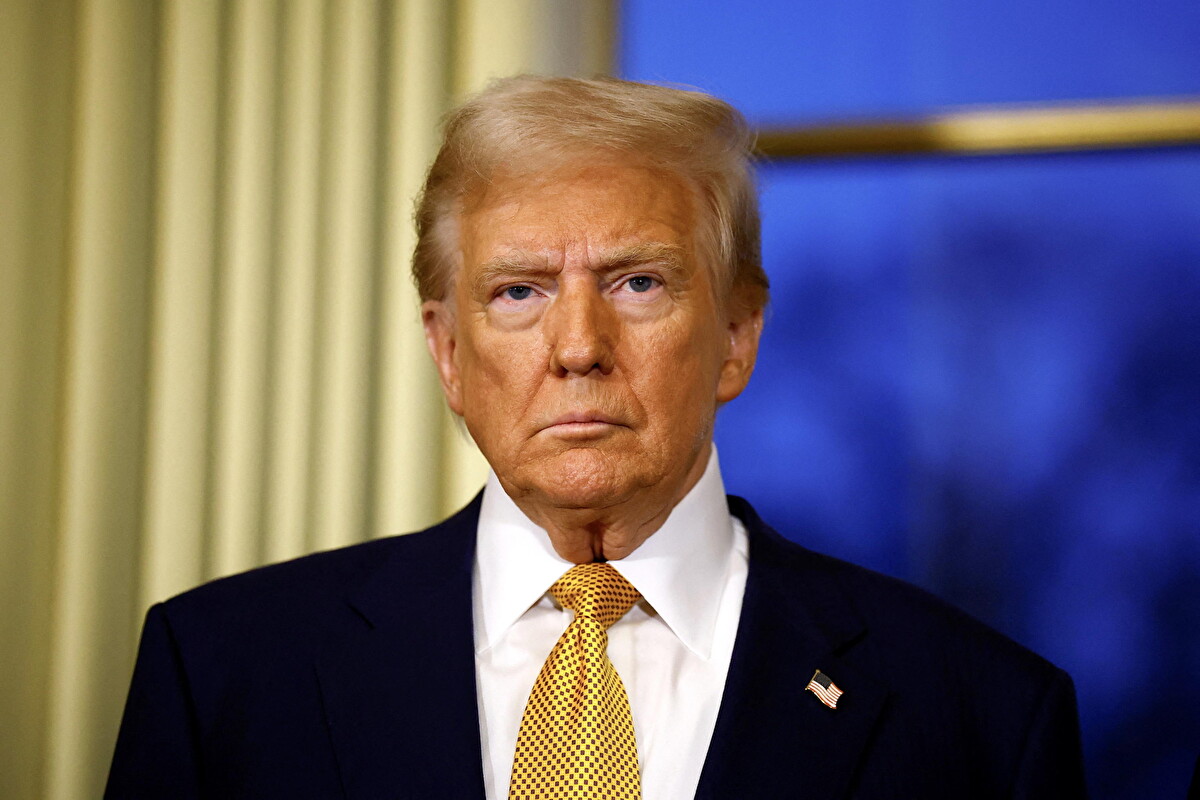New York state’s program to release thousands of captive-bred pheasants for hunting is under indictment. Many are calling it “state-sponsored cruelty,” with most of the birds dying from traffic accidents, predators, starvation or cold. And hunters also find themselves effectively shooting nearly domesticated animals raised in captivity. The program, active since 1908 and funded with $1.4 million this year, aims to introduce young people to hunting. But some New York State lawmakers hope to end it through a bill to be introduced next month. Even wildlife health and safety expert John Di Leonardo has called the practice “avian carnage” because it results in true “mass slaughter.”
Under the program, New York State raises pheasants for the hunting season, which officially opens Nov. 1 through December on Long Island and October through February in much of New York. The specimens that are released for hunting are ring-necked pheasants not native to the area and bred in captivity. Their release into the areas occurs abruptly, and these animals find themselves disoriented and maladjusted in an environment they have never known before and in which they have no survival experience. In addition, Di Leonardo points out that “they have not developed any fear of hunters or natural predators, so they have not learned to defend themselves against them.” The expert explains that this makes them all too easy prey for hunters, and most of them die early when hit by cars or because they are easily attacked by predators.
As the New York Times reports, animal rights activists and hunting groups report that the vast majority of the birds die within weeks of release. “This is absurd and makes New York State complicit in the slaughter of animals,” said Linda B. Rosenthal, a Democratic member of the Manhattan State Assembly and author of the bill that wants to end the program. “There is no reason why the state should engage in this practice,” she stressed.
Some experienced hunters like Rob Jagodzinski consider hunting captive-raised animals an unsporting activity precisely because they are “disadvantaged” animals. In this sense Jagodzinski, who hunts wild pheasants and other game in the Catskills and is part of dedicated Facebook group, says, “For some people hunting is a mistake, but there is also a sporting aspect to this activity.”












